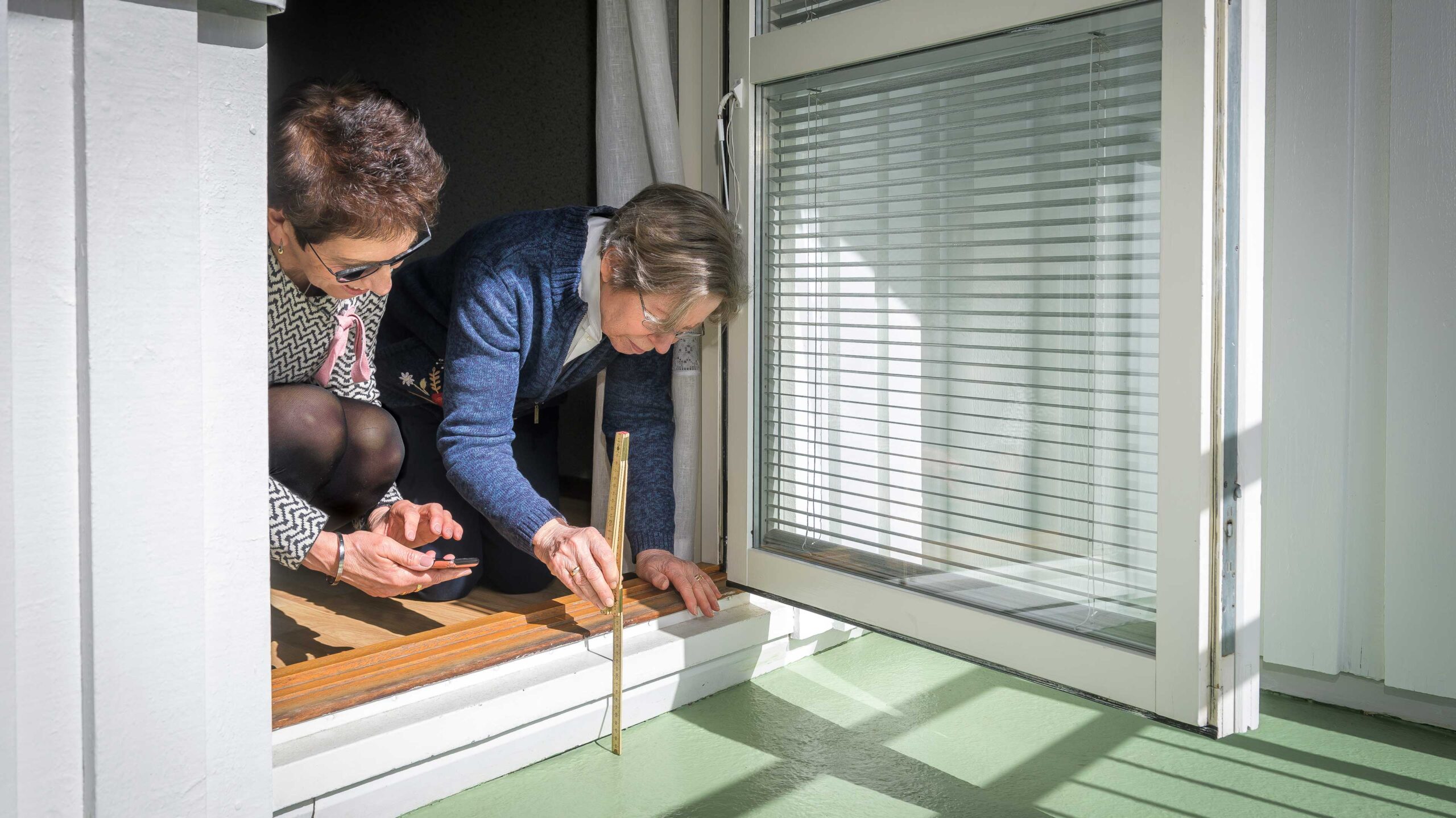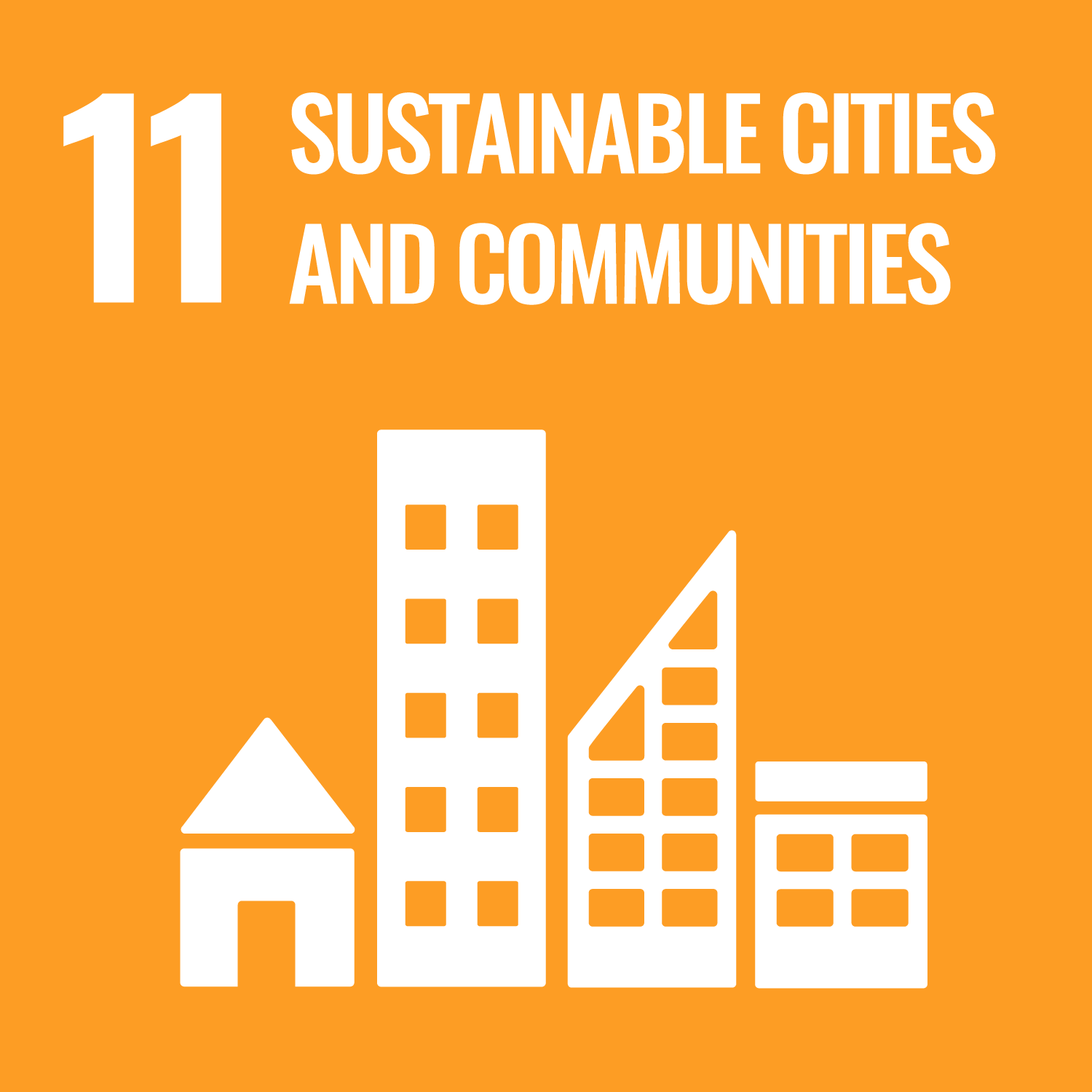In order to live independent and active lives, we need housing that is designed to meet our needs. This is particularly important for older people and those with disabilities. But how accessible is Sweden’s housing for older people? Between September-November 2021 school pupils, teachers and senior citizens across Sweden helped researchers at Lund University to find out. The Housing Experiment is a mass experiment that was organised as part of ForskarFredag 2021, Sweden’s European Researchers’ Night.

Using a ruler (or measuring tape) and a special mobile app, participants measured how accessible Sweden’s homes are. How wide are the doorways? How high are the thresholds? Are the taps difficult to turn on? Researchers need help to investigate these and other questions.
When: The Housing Experiment was conducted between September – November 2021.
Where: Across the whole of Sweden.
Who could participate: Anyone living in Sweden is welcome to participate in the Housing Experiment. The Housing Experiment is particularly designed to engage senior citizens and school classes
Further information
ForskarFredag’s mass experiment, the Housing Experiment, is a collaboration between the Center for Ageing and Supportive Environments (CASE), a research centre at Lund University, the pensioners’ associations SPF Seniorerna i Skåne and PRO Skåne and the non-profit organisation VA (Public & Science) that coordinates ForskarFredag (Researchers’ Night in Sweden). The pensioners’ associations SPF Seniors, PRO and SKPF are also supporting the project at a national level.
The Housing Experiment is an example of citizen science and is funded by Forte, the Swedish Research Council for Health, Working Life and Welfare, and the European Commission under Grant Agreement 101036199 in the framework of the Marie Sklodowska-Curie actions.
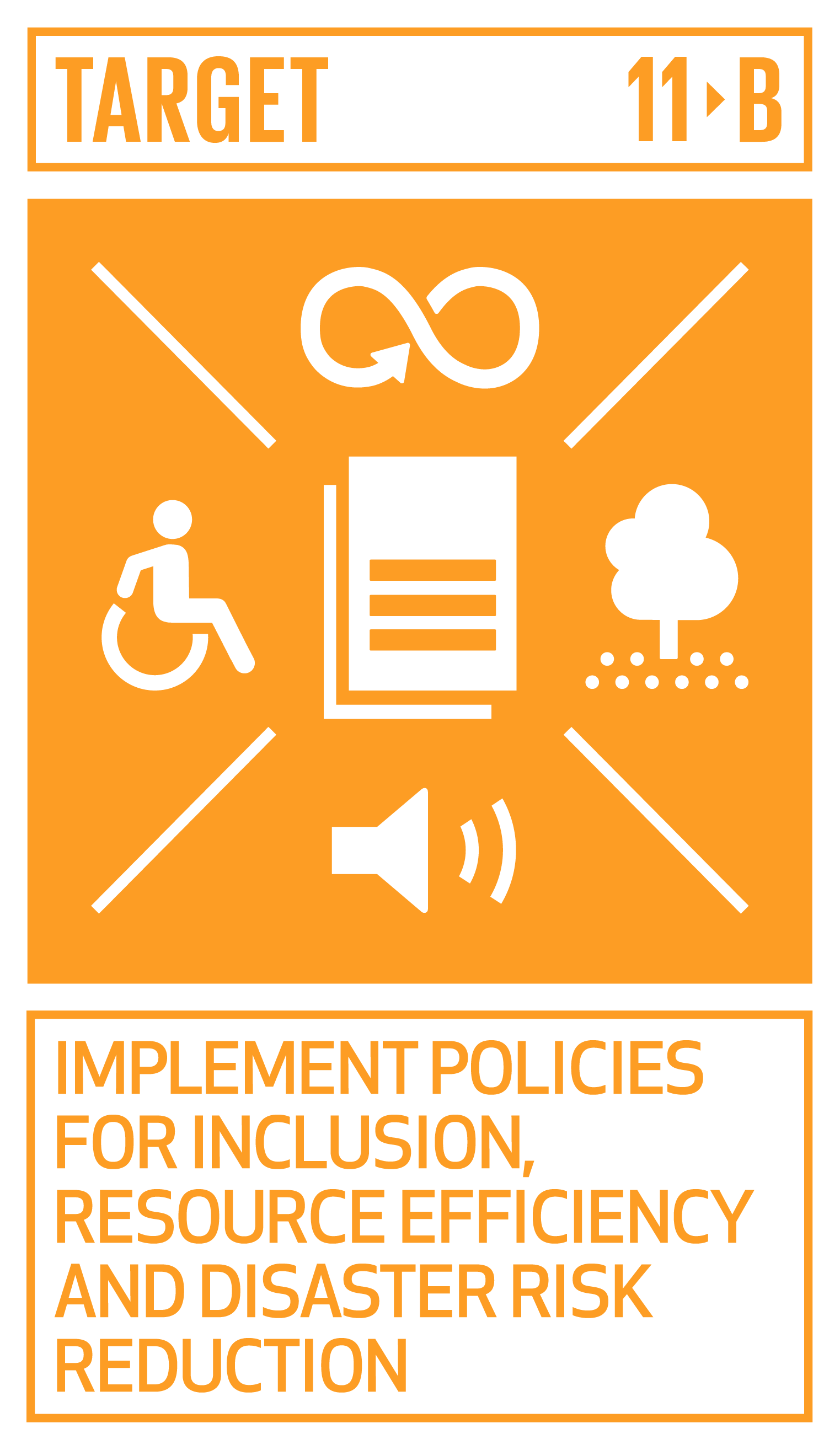
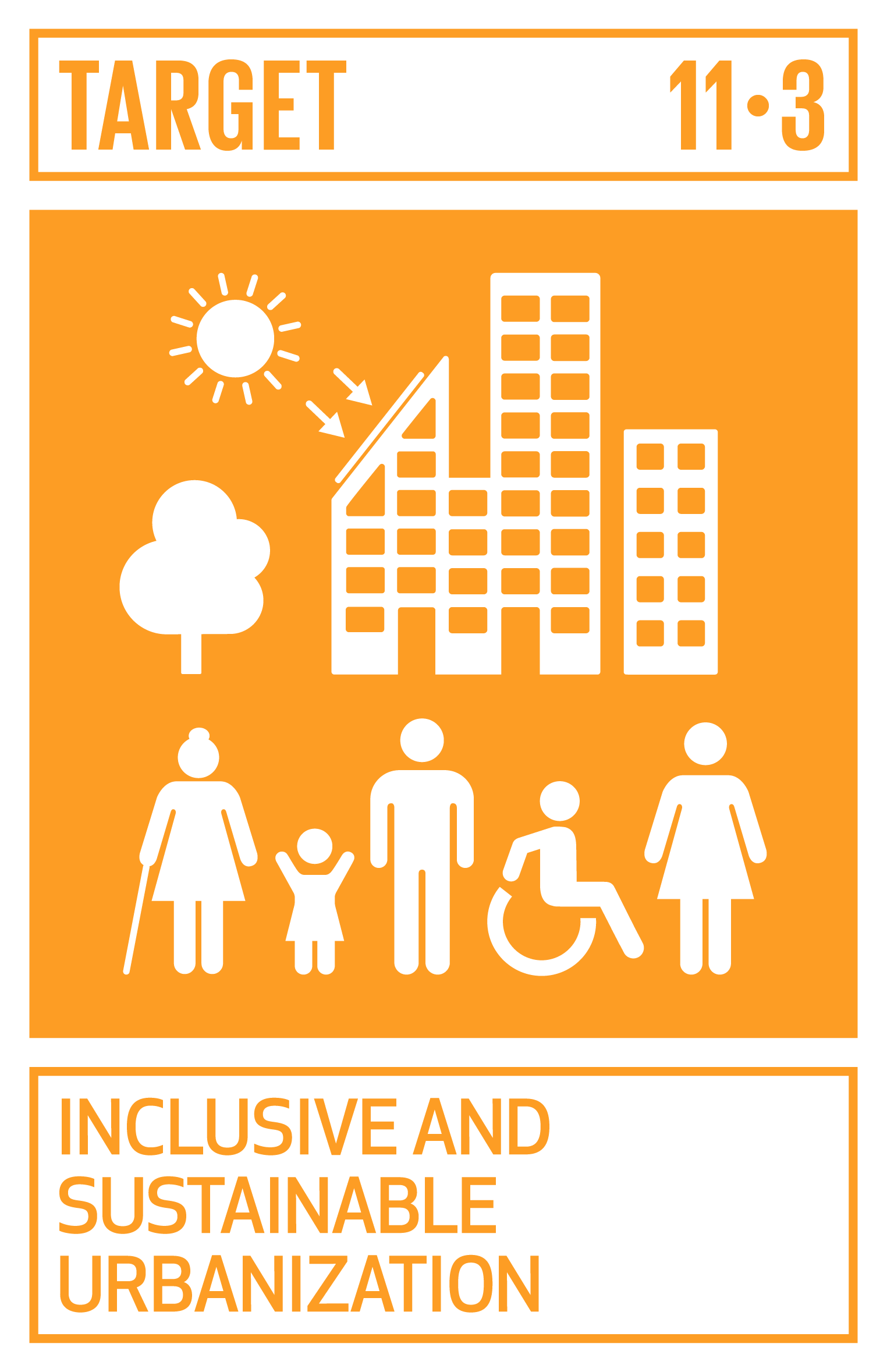
Sustainable Development Goals
The Housing Experiments contributes to;
Goal 11: Sustainable cities and communities via target 11.3: Enhance inclusive and sustainable urbanisation and target 11B: Implement strategies for inclusion, resource efficiency and resilience to disasters.
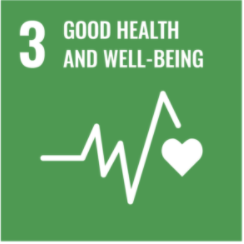
And Goal 3: Ensure healthy lives and promote well-being for all at all ages
Read more about the UN Sustainable Development Goals.
Latest about the Housing Experiment:
Physical barriers common in Swedish homes reveals new study involving senior citizens and school pupils.

Steps up to the front door and nothing to hold onto next to the toilet. These are common problems for those with mobility issues, according to a new Swedish study… Läs mer
Skapad:
2022-10-28Uppdaterad:
2024-01-11Kategorier:
European Researchers' Night, housing experiment, Mass experimentSwedish pupils and senior citizens to help research the accessibility of Swedish housing
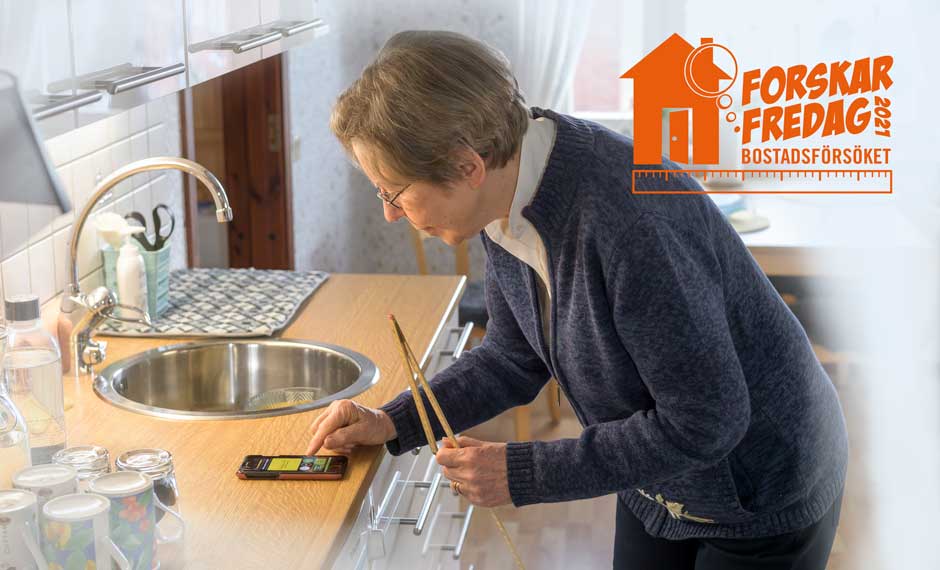
In order to live independent and active lives, we need housing that is designed to meet our needs. But how accessible is Swedish housing? School pupils and senior citizens across… Läs mer
Skapad:
2021-05-06Uppdaterad:
2022-08-29Kategorier:
housing experiment, Mass experiment, Press release
